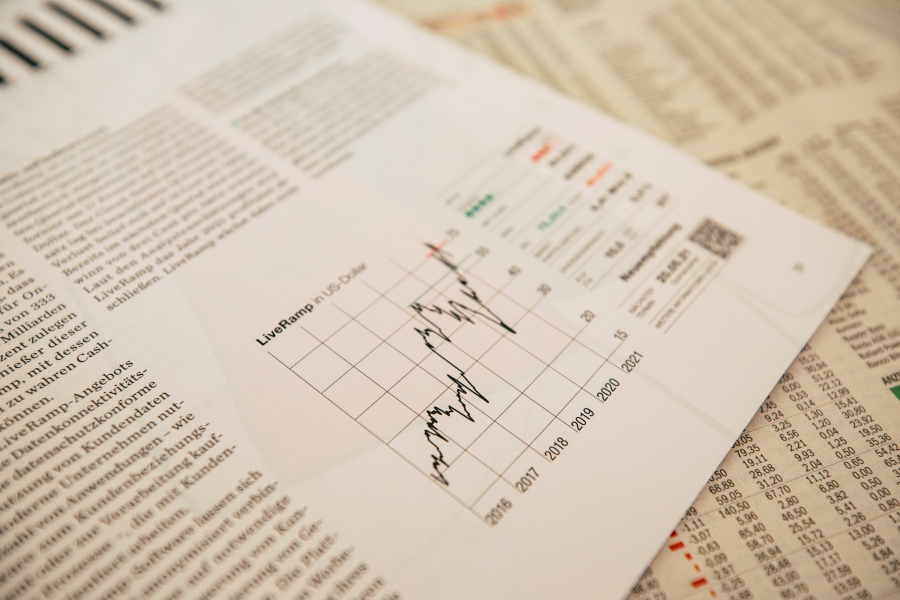KADIN AND BAIK SHARE OPTIMISM ON INDONESIA'S ECONOMIC RECOVERY
KADIN and BAIK believe that Indonesia's economic recovery will proceed apace as the pandemic goes endemic.

Policy Information and Analysis Agency, or BAIK, and Indonesia Chamber of Commerce and Industry, or KADIN, share optimism in Indonesia's economic recovery amid a lower COVID-19 infection rate.
Indonesia is now the world's fourth most populated country and the tenth-largest economy by purchasing power parity. Indonesia has made significant progress in reducing poverty throughout its economic development, with the poverty rate falling by more than half since 1999 to less than 10 percent by 2020.
However, the worldwide crisis brought on by the COVID-19 epidemic has presented Indonesia with obstacles it has never experienced before to achieve its varied economic growth goals. Due to this predicament, Indonesia's classification has been altered from upper-middle-income to lower-middle-income starting in July 2021.
The pandemic has also hampered Indonesia's efforts to reduce poverty, which has risen from 9.2 percent in September 2019 to 10.4 percent in March 2021. Furthermore, the Russia-Ukraine conflict has directly impacted Indonesia's economy as 25 percent of Indonesia's wheat is imported from Ukraine. The war rises global commodity prices contributed to local inflation, particularly in import food commodities like wheat and soybeans.

Indonesia's steps toward economic recovery
In order to strengthen the Universal Healthcare Program, President Jokowi issued Presidential Instruction No. 1 of 2022 on the Optimization of National Health Insurance Implementation (JKN) to 30 Ministries/Agencies (JKN).
The order was issued because about 32 million non-active BPJS Health members have fallen behind on their payments. Under the President's instruction, BPJS participation becomes a prerequisite for various public services, including applications for public services, ID card (KTP), driving (SIM), vehicle (STNK), passports, and prospective pilgrims and umrah registrations, to resolve the issue.
Furthermore, in the education field, The Ministry of Education and Culture intends to modify Law 20 of 2003, which governs the National Education System (Sisdiknas Law).
The Sisdiknas Law will be updated, bringing together 23 education-related statutes. After being included in Prolegnas 2020-2024, the Ministry of Education and Culture's Education Standards, Curriculum, and Assessment Agency (BSKAP) indicated the proposed amendment of the Sisdiknas Law is under discussion with an inter-ministerial committee.
Meanwhile, in Indonesia's Food Security and Agriculture sector, the government has set a new Ministerial Decree on February 10, 2022, regarding the exporting regulations.
Exporters of CPO and its derivatives are now required to dedicate 20 percent of their export volume to Crude Palm Oil or Refined, Bleached, and Deodorized Palm Olein (domestic market responsibilities).
The government sets the domestic sales price (domestic price requirement) for Crude Palm Oil at Rp 9,300/Kg, including Value Added Tax (VAT), and Rp 10,300/Kg, including VAT Refined, Bleached, and Deodorized Palm Oil.
#THE S MEDIA #Media Milenial #Economy #Education #Health #Food Security and Agriculture #KADIN #BAIK


























